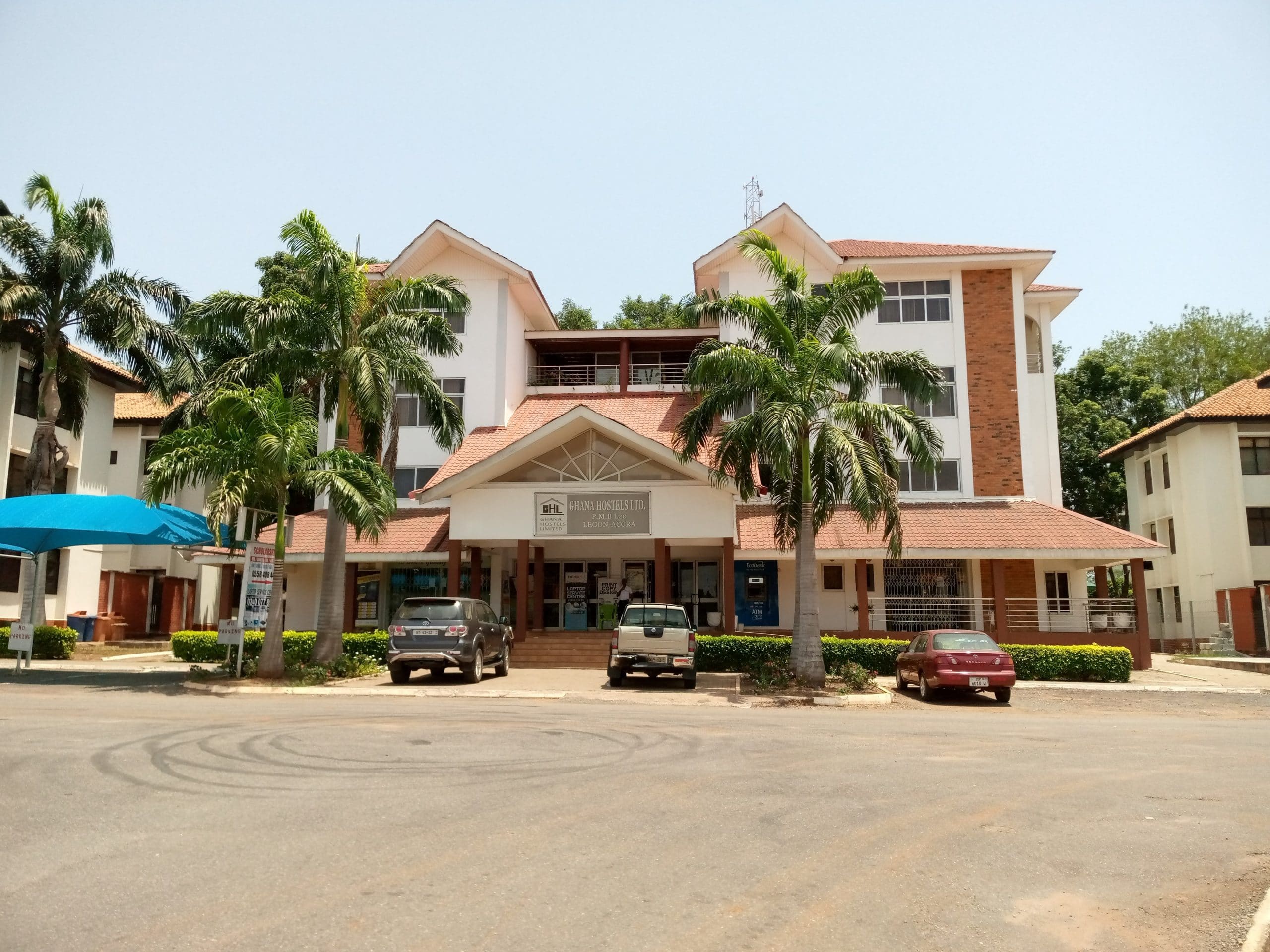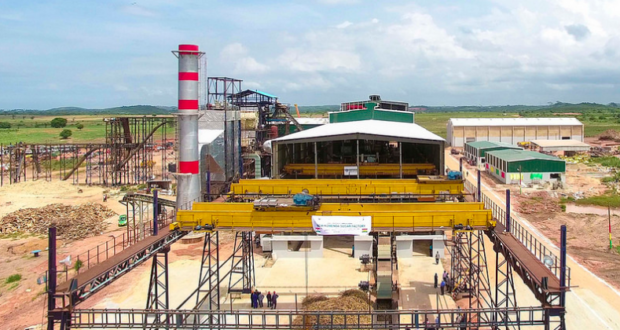Here are 6 things raising the blood pressure of Ghana youth
Living in Ghana, particularly in Accra, is becoming increasingly challenging with each passing day.
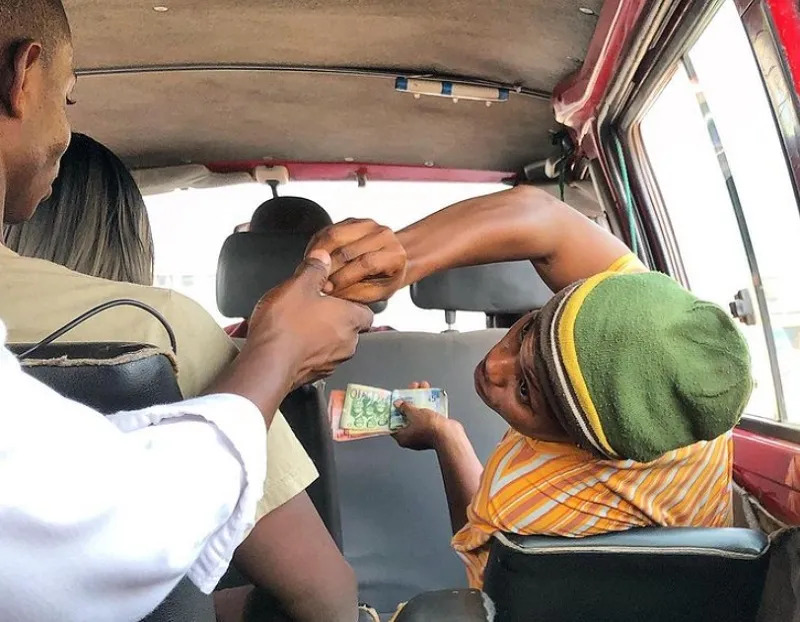

Living in Ghana, particularly in Accra, is becoming increasingly challenging with each passing day.
As if the economic struggles weren't enough, here are five events that are particularly stressful for the average Ghanaian youth, raising their blood pressure and impacting their daily lives.
1. House hunting
House hunting in Accra is a significant source of stress. The process is fraught with challenges, from finding an affordable and suitable place to dealing with unreliable agents and landlords.
The competition for decent housing is fierce, and the prices are often exorbitant, making the entire experience incredibly taxing. This stress can lead to elevated sugar levels and blood pressure, compounding the health issues faced by many young Ghanaians.
2. Finding a trotro on a Monday morning
The hustle and bustle of getting public transport to work on a Monday morning can be a nightmare. Tro-tros, the local minibuses, are often overcrowded and scarce during peak hours. The scramble to secure a seat can be both physically and mentally exhausting, setting a stressful tone for the week ahead.
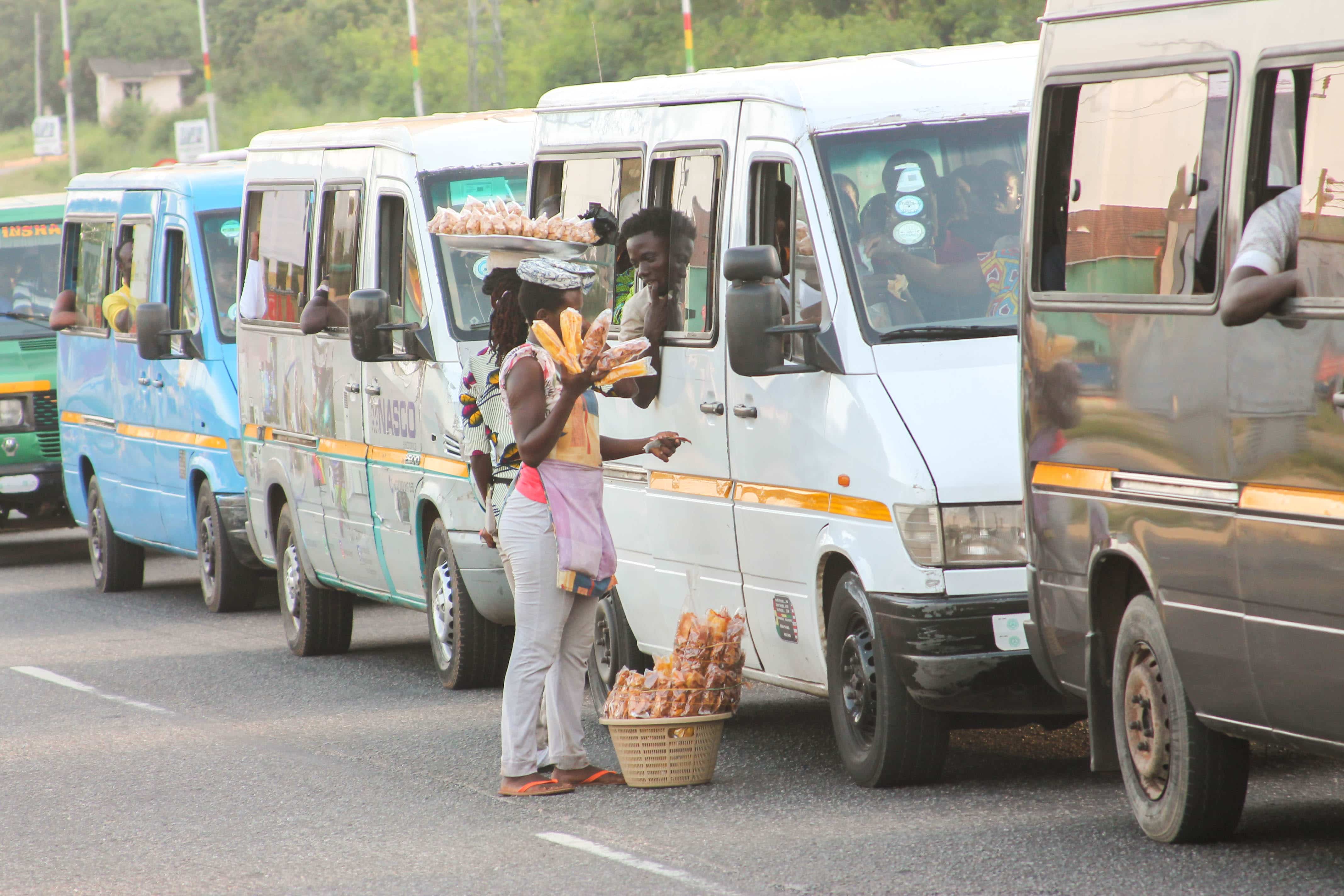
3. Finding a trotro on a Monday evening
As if the morning commute wasn't bad enough, finding a trotro on a Monday evening is just as challenging. After a long day at work, the last thing anyone wants is to struggle for transport back home.
The frustration of waiting for a bus and the ensuing chaos of trying to board one can significantly raise stress levels, making the evening commute another ordeal.
4. Ever-increasing prices of essential items
The continuous rise in the prices of essential items like food, soap, and toiletries is another major stressor. Inflation and economic instability have made it difficult for many young people to afford basic necessities.
This constant financial pressure can lead to anxiety and elevated blood pressure, as they struggle to make ends meet in an increasingly expensive city.

5. Job hunting
After years of education and hard work to achieve good grades, many young Ghanaians find themselves facing the harsh reality of unemployment. The job market is extremely competitive, and opportunities are limited.
The frustration of not being able to secure a job that matches their qualifications and aspirations is a significant source of stress. This situation not only affects their financial stability but also their mental health and overall well-being.
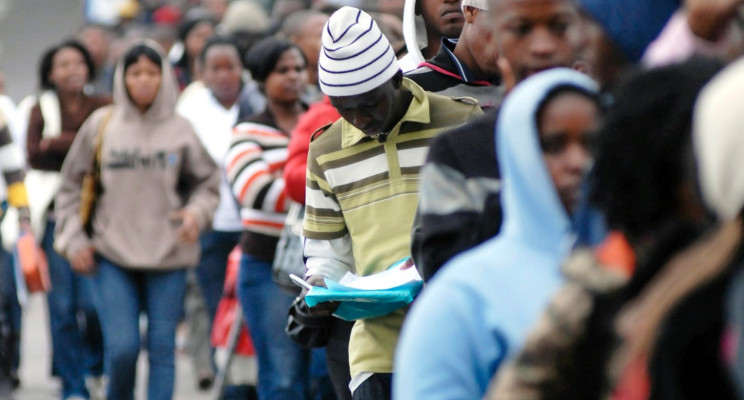
6. Relationship pressures
As if life is not turbulent enough, relationships have become another avenue of stress for Ghanaian youth. Maintaining a relationship often feels like a financial burden, with expectations to buy wigs, wash jeans, and cook for a partner.
These added responsibilities can strain one's time and finances, making relationships feel more like cash-making ventures than supportive partnerships.
The challenges faced by Ghanaian youth, particularly in Accra, are manifold. From the stress of house hunting and the daily struggle with public transport to the rising cost of living and the difficulty of finding employment, these pressures are taking a toll on their physical and mental health.
Addressing these issues requires comprehensive strategies to improve the living conditions, economic stability, and employment opportunities for young people in Ghana.
What's Your Reaction?
















